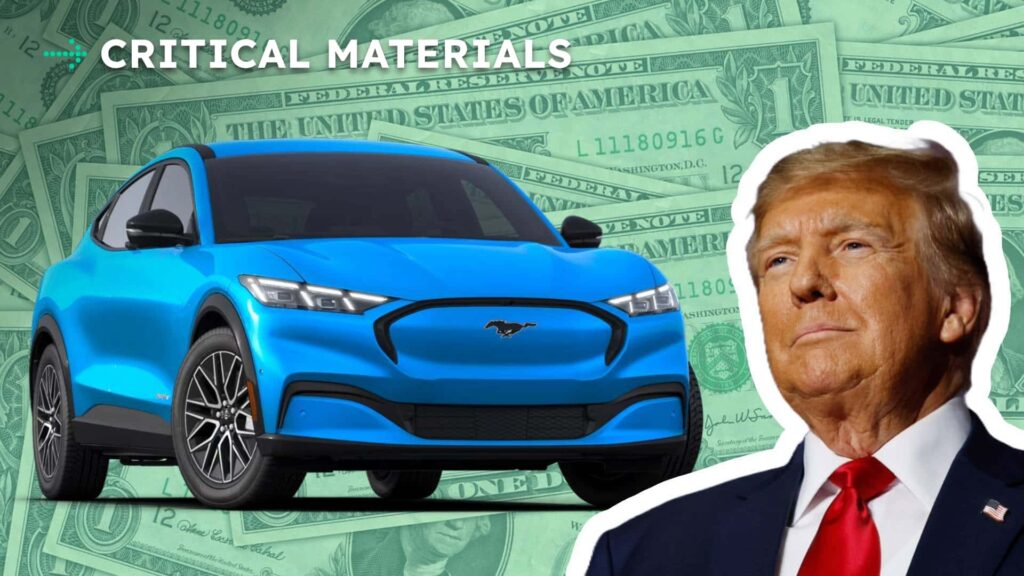The global automotive supply chain has been a century in the making, spreading technology, manufacturing, and jobs across borders to deliver mobility to millions. However, President Trump’s recent executive order threatening 25% tariffs on goods imported from Mexico and Canada could disrupt this intricate supply chain, impacting not only the industry but also the economies of our neighboring countries.
With the looming threat of tariffs, the automotive industry faces a significant blow. The U.S. imported billions of dollars worth of vehicles and parts from Mexico in 2024, and if the tariffs are implemented, car prices in the U.S. could skyrocket, sales could decline, and suppliers may face bankruptcy. These tariffs come at a time when the industry is already facing challenges transitioning to electric vehicles, with additional tariffs potentially squeezing automakers’ profits and leading to inflation for consumers.
The impact of these tariffs could be far-reaching, affecting not only the automotive industry but also consumers and workers alike. The uncertainty surrounding Trump’s tariff threats leaves many questions unanswered, such as whether prices will increase or if exemptions will be made. The potential disruption caused by these tariffs could reshape the industry in the short term, prompting speculation on the future of automotive manufacturing and trade.
In parallel, Rivian, a rising star in the electric vehicle market, has garnered attention from other automakers following its partnership with the Volkswagen Group. With a focus on software-defined vehicles, Rivian’s innovative technology has attracted interest from various OEMs seeking collaboration. The joint venture between Rivian and Volkswagen aims to develop next-generation vehicle tech, highlighting the importance of software and electrical architectures in the evolving automotive landscape.
On a global scale, the battle over tariffs extends beyond U.S. borders, with Chinese automakers challenging the European Union’s import tariffs in court. Tesla has also joined the lawsuit, contesting the EU’s tariffs following an anti-subsidy investigation that imposed duties on Chinese automakers. The ongoing legal dispute underscores the complexities of international trade relations and the impact of tariffs on the automotive industry.
As the automotive industry navigates the uncertainties of tariffs and trade disputes, the future remains uncertain. Whether Trump’s tariff threats materialize or exemptions are made, the industry must adapt to a changing landscape marked by geopolitical tensions and economic challenges. The implications of these tariffs extend beyond borders, shaping the future of automotive manufacturing and trade in a rapidly evolving global market.

